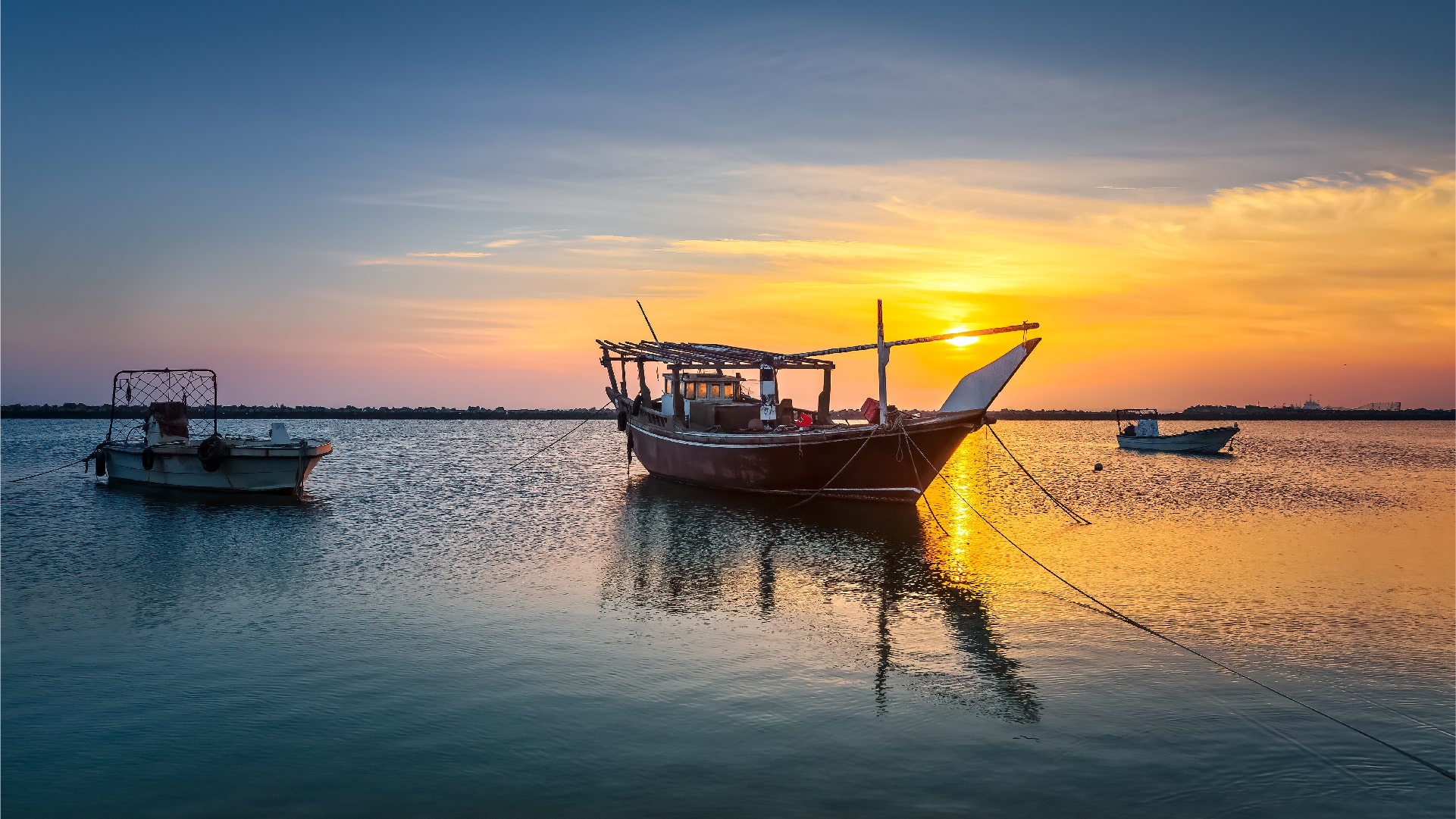
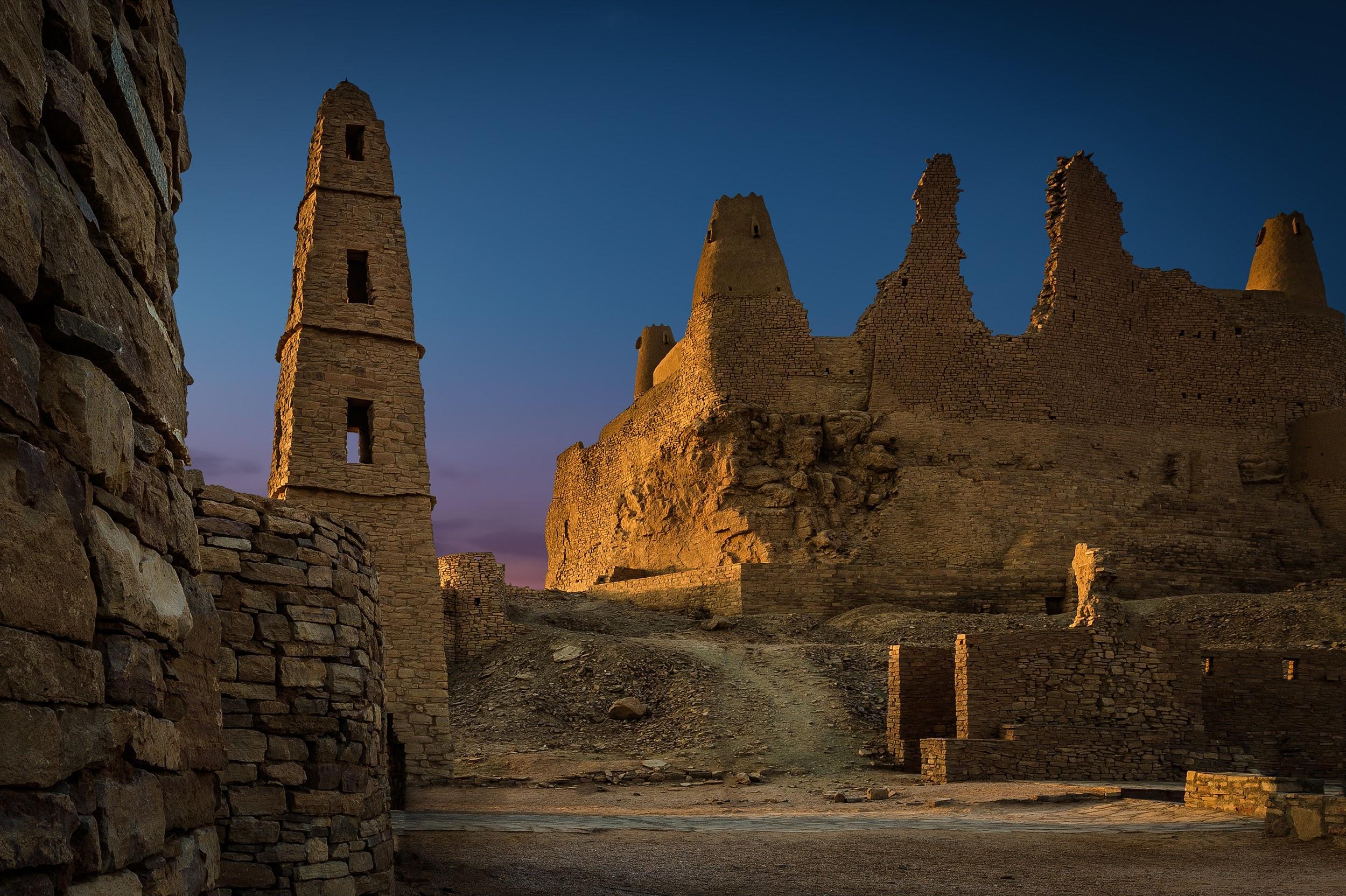
One of the longest-inhabited places on the Arabian Peninsula, the Al Jouf region offers tons of culture and history and a flavorful culinary scene to explore. In northern Saudi on the Jordanian border, Al Jouf was once a strategic point on the famous Incense Route. Today, discover archaeological treasures from as far back as the Stone Age. Venture to historic sites like the town of Dumat Al Jandal, which dates to the 10th century B.C., and Marid Castle, a military fortress built in the first century A.D. Known for fertile soil and its ease of growing crops, Al Jouf has also earned a reputation, and accolades, for its olive tree cultivation. Begin exploring everything Al Jouf has to offer.
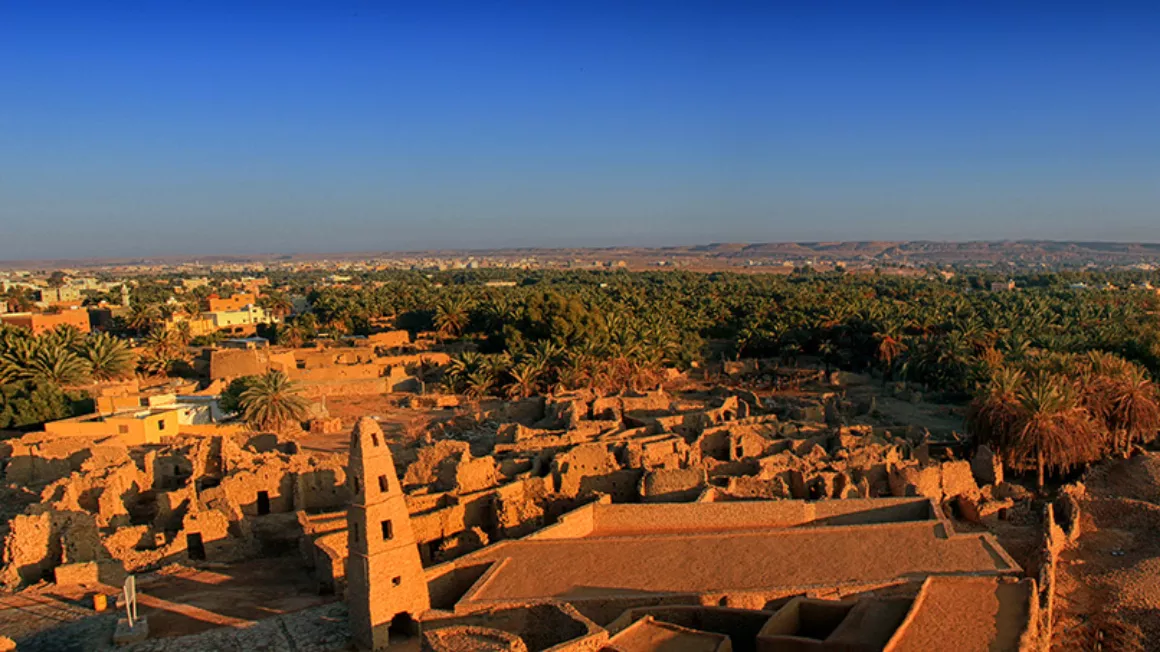
Al Jouf has been growing olives — a staple in the Saudi culinary scene — since 2007. Today, this area in the northern part of the country is home to the largest modern olive farm in the world, a title awarded by Guinness World Records to the Al Jouf Agricultural Development Company, whose more than 5 million olive trees produce about 15,000 tons of olive oil per year. Don’t miss the opportunity to go out to eat and enjoy dishes that incorporate the area’s local olives and olive oil. Traveling in winter? January traditionally sees the area’s annual two-week Olive Festival, which features cultural, social, recreational and educational events, including art contests and seminars about olive cultivation.
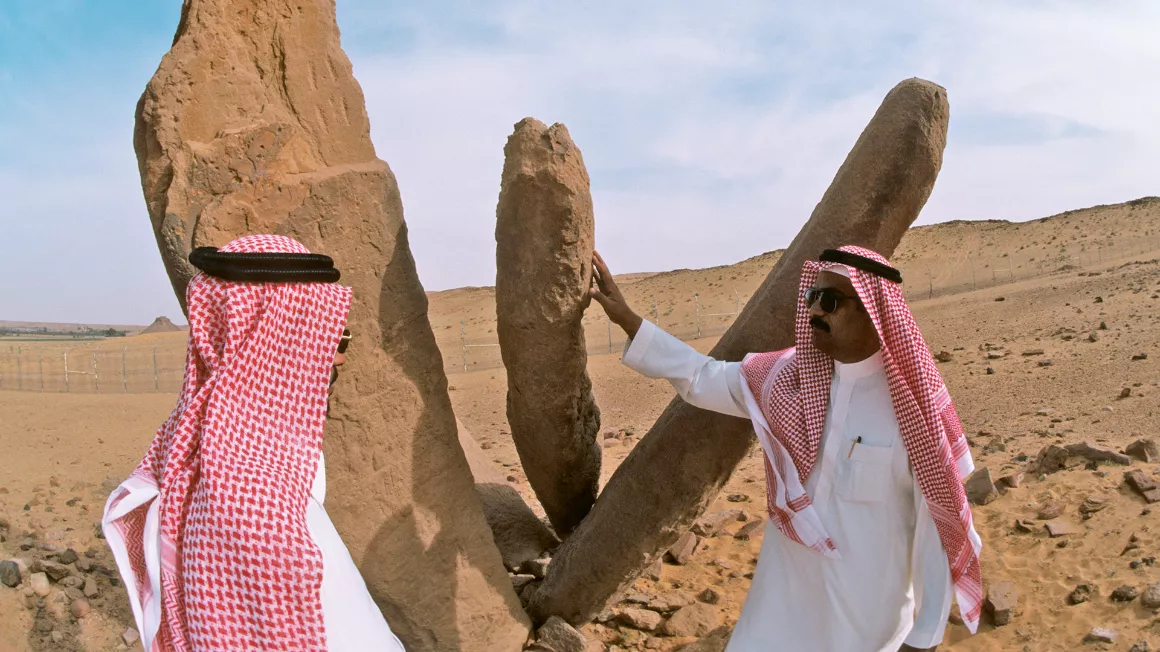
A tour of the enigmatic Rajajil columns is a fascinating journey into the mysteries of ancient Arabia. Often called the Stonehenge of Arabia, Rajajil is a collection of more than 50 groups of standing monoliths carved from ochre sandstone. Originally thought to have astrological functions, the ancient stones are now known to be burial sites. Excavations have unearthed a vast funerary complex along with tools and materials that date the site to the fifth or sixth millennium B.C.
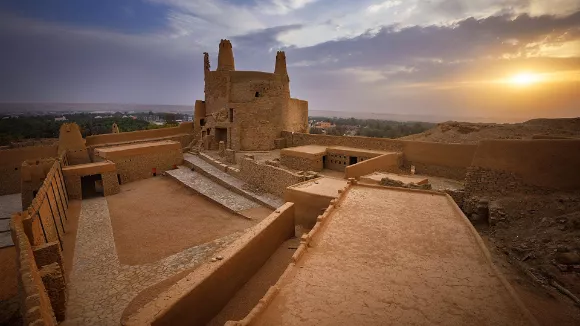
Although the current structure was built more than 200 years ago, Zaabal Castle includes features that date back to the Nabataean civilization. Located north of Sakaka, this mountaintop castle sits above an artesian well system that has supplied the city’s inhabitants with fresh water for centuries. The fort’s four towers are connected by a single wall and offer an exceptional panoramic view of the city.